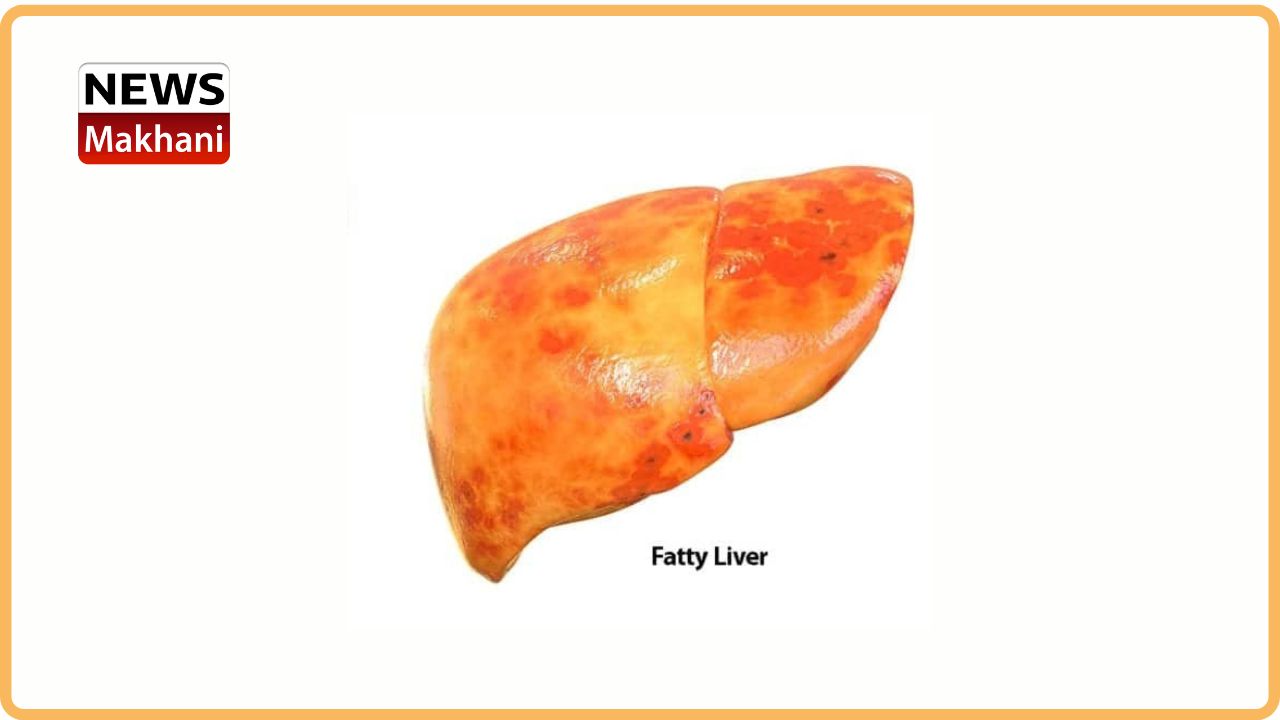Regular detoxification is necessary for maintaining good health, and the liver is an essential component of this process where the majority of liver diseases can be prevented. According to doctors, a member of every household now has fatty liver, and the work-from-home environment and the inactivity experienced during lockdowns have contributed to the rise in liver illnesses.
Alcohol overload causes abnormal fat deposits to start building up in the liver. As a result of the inflammation and scarring that this causes, scar tissue eventually replaces the healthy liver tissue, and when your liver malfunctions, you wind up on the waiting list for a transplant. However, there are other variables besides alcohol that may contribute to the same situation.
The other type, called non-alcoholic fatty liver disease (NAFLD), is brought on by being overweight or obese, eating too much sugar and processed carbs, being inactive, and having symptoms of metabolic syndrome. It is quickly advancing to the top of the list of disorders requiring liver transplantation.
It is more prone to occur in persons who are overweight or have excessive cholesterol levels, insulin resistance, diabetes, high blood pressure, or thyroid issues. Fatty liver disease has no symptoms, but if left untreated, it can progress to chronic liver disease. Because it can reduce fibrosis, inflammation, and liver fat, weight loss may be the most effective method for halting the course of fatty liver. Exercises for losing weight must include resistance and aerobic exercise.
The following lifestyle adjustments are suggested to help minimize fatty liver:
• A straightforward diet; intermittent fasting is proven to be helpful in some circumstances.
• Use unsaturated fats in place of saturated and trans fats. Graze on foods with a low GI.
Avoid fruit drinks with added sugar.
• Drinking 2-3 cups of coffee with low-fat milk and no sugar has been recommended as a helpful supplement to aid with fatty liver.
• Alcohol has been shown to be beneficial in low quantities, but risk rises with bigger dosages. Avert eating manufactured food.
• Physical activity, such as brisk walking, running, or any other aerobic activity.
• Get 6–8 hours of rest.
• If liver inflammation is suspected, liver function testing and USG should be performed.
• To keep the body hydrated and to improve blood circulation, the doctor advises consuming 10 to 12 glasses of water every day.
- HOME
- India
- National
- States
- Andaman and Nicobar Islands
- Andhra Pradesh
- Arunachal Pradesh
- Assam
- Bihar
- Chhattisgarh
- Dadra and Nagar Haveli and Daman & Diu
- Delhi
- Goa
- Gujarat
- Jharkhand
- Karnataka
- Kerala
- Ladakh
- Lakshadweep
- Madhya Pradesh
- Maharashtra
- Manipur
- Meghalaya
- Mizoram
- Nagaland
- Odisha
- Puducherry
- Rajasthan
- Sikkim
- Tamil Nadu
- Telangana
- Tripura
- Uttar Pradesh
- Uttarakhand
- West Bengal
- North India
- Agriculture
- Lifestyle
- Entertainment
- Education
- Language:

 हिंदी
हिंदी






